As the automotive industry evolves, independent repair shops must stay ahead of advancements like brushless fuel pumps to remain competitive. One such innovation is the increasing use of advanced fuel pumps, which provide enhanced efficiency, durability, and performance. Understanding these systems is essential for shops to maintain a competitive edge and deliver top-quality repairs.
What Are Brushless Fuel Pumps?
Traditional fuel pumps use brushed motors, relying on physical contact between brushes and a rotating commutator to generate motion. Over time, this contact causes wear and reduces performance. By contrast, advanced brushless pumps utilize electronically commutated motors, eliminating the need for brushes. This design minimizes friction, heat, and mechanical failure while significantly improving fuel delivery efficiency.
Why Independent Shops Should Care
Staying informed about advancements in fuel systems is critical for independent shops. As more vehicles incorporate these pumps, understanding their benefits and operation can give shops a competitive advantage.
Key Advantages of Advanced Fuel Pumps
- Improved Efficiency: These pumps consume less power and deliver consistent fuel pressure, enhancing both vehicle performance and fuel economy.
- Longer Lifespan: With fewer moving parts, these systems experience less wear, resulting in greater longevity compared to traditional options.
- Quieter Operation: The absence of brush friction allows for quieter functionality, improving the driving experience.
- Handling Higher Pressure Needs: These pumps are ideal for high-performance applications, including turbocharged and direct-injection engines.
Servicing Advanced Fuel Pumps
While these systems offer numerous advantages, they require specialized knowledge and tools for proper servicing. Independent shops should consider the following to ensure effective handling of these systems:
- Diagnostics and Testing: Advanced pumps depend on ECMs (Electronic Control Modules) for operation. Shops must use diagnostic tools compatible with these systems to identify issues accurately.
- Installation: Proper installation techniques are crucial. These pumps often require more precision than traditional models.
- Specialized Tools: Investing in tools designed for these systems reduces the risk of damage during service and ensures efficient repairs.
- Training: Providing technicians with training on these pumps is vital as they become increasingly prevalent in modern vehicles.
Opportunities for Independent Shops
The rise of advanced fuel pumps presents unique opportunities for independent repair shops to grow their business and attract new customers. Here are several strategies:
Position Your Shop as an Expert
Specializing in these systems can distinguish your shop from competitors and attract customers seeking expertise in this area.
Educate Your Customers
Many vehicle owners are unaware of the advantages of advanced fuel pumps. By educating your customers about these systems, you can build trust and loyalty.
Form Partnerships
Collaborating with suppliers focused on these systems ensures access to high-quality parts and competitive pricing. These partnerships can help streamline your services.
Prepare for the Future
As hybrid and electric vehicles gain popularity, the demand for advanced fuel pumps will grow. Shops that invest in the necessary training and equipment today will be better prepared to meet future needs.
The Bottom Line
Advanced fuel pumps are becoming the standard in modern vehicles due to their efficiency, durability, and superior performance. Independent shops that embrace this technology by investing in tools, training, and knowledge will be well-positioned to offer exceptional service and remain competitive in a rapidly evolving industry.
At Master Automotive Training, we provide courses tailored to help technicians and shop owners stay on top of the latest automotive technologies, including advanced fuel pumps. Our hands-on training ensures you’re equipped to handle these systems, enabling you to grow your business in a changing automotive landscape.
